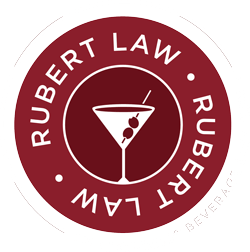Creating something exciting for your friends and family to enjoy can enhance your times together. It can be fun to have loved ones help you develop and perfect your craft.
However, when the thing you produce is alcohol, it is essential to understand the rules and regulations that apply to your endeavor. There can be serious consequences for violating the rules regarding distilling spirits.
Here’s what you should know about distilling alcohol for personal use.
It depends on what you make
There is an important distinction between winemaking, brewing beer and distilling spirits. While you may make wine and beer for personal and family use, distilling spirits is specifically prohibited by the Alcohol and Tobacco Tax and Trade Bureau (TTB).
Distilling spirits is specifically limited to TTB-qualified plants, and attempting to produce spirits, even for personal use, is prohibited.
Distilling spirits may be more than one offense
The act of distilling spirits is not the only part of the process that is considered a crime. Getting caught distilling spirits can lead to several federal charges, including:
- Distilling on prohibited premises, which can include your home, yard, garage or shed
- Unlawful production or use of material for producing distilled spirits
- Concealment of untaxed distilled spirits
- Possession of an unregistered still
The charges associated with distilling spirits can lead to prison time and fines of $10,000 or more. Unfortunately, there are no “safe amounts” when it comes to distilling spirits, even when you are producing them for your friends and family.
